Europe avoided the worst-case scenario of turning its back on Russian gas, but the long-term energy security problem remains unsolved.
Since the outbreak of the Ukraine conflict, Europe has known it would soon face complex problems related to cheap Russian gas, an energy source it has relied on for decades for heating and manufacturing.
For Europe, energy security has always been a trade-off. Cheap imported energy always comes with the risk of making them dependent on suppliers.
European officials had predicted that a long, cold winter in 2022-2023 would force them to reduce sanctions on Russia, as EU members could not afford to leave their citizens in the cold for the sake of Ukraine.
However, the recent mild winter and efforts to conserve gas have helped Europe avoid this scenario, and at the same time pushed them to abandon the Wandel durch Handel (Change through Trade) policy that they have been following for decades. Wandel durch Handel policymakers believed that Russia would gradually change and lean towards Western values after a long period of doing business with Europe.
The first step Europe took was to gradually reduce its gas imports from Russia. In 2021, a year before the conflict in Ukraine broke out, 45% of the EU’s gas imports came from Russia. In Germany, the figure was 52%.
However, these figures have dropped since the outbreak of hostilities. According to EU data, in the first quarter of 2023, Russia accounted for only 17.4% of the bloc's gas imports.
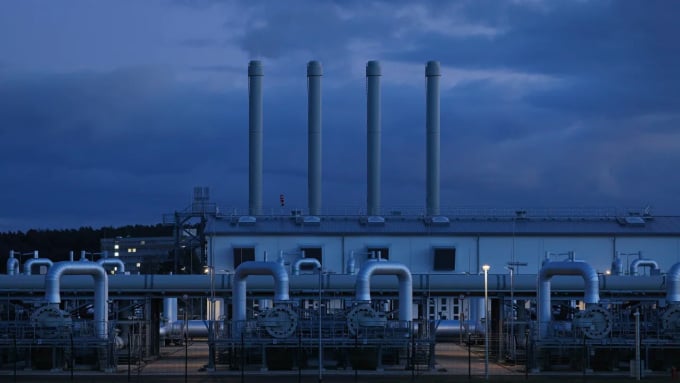
A gas receiving station from Russia's Nord Stream 2 pipeline near Lubmin, Germany in February 2022. Photo: CNN
The next step is to take advantage of the mild winter to fill up gas reserves, in preparation for the winter of 2023-2024. Europe’s gas reserves are so full that there is consensus that the Kremlin cannot weaponize energy to change Europe’s resolve.
The EU as a whole reached its target of 90% gas reserves by mid-August, ahead of the November 1 deadline. Europe has also significantly diversified its energy sources.
But analysts worry that these measures are only temporary and cannot guarantee long-term energy security for Europe. The most worrying thing for European countries is that despite their efforts to diversify gas supplies, the majority of their current reserves are liquefied natural gas (LNG).
“LNG is such an obvious solution that it has become a priority. But because LNG can be traded quite flexibly, it makes it harder to trace its origin. That means a large amount of LNG that Europe imports could still come from Russia,” said Milan Elkerbout, a researcher at the Center for European Policy Studies.
Europe says it buys most of its LNG from the US, Qatar and Nigeria, but it is often sold on exchanges where there is often no clear data on the origin of the gas.
Additionally, as Europe abandons its Wandel durch Handel policy with Russia, it becomes dependent on other countries for energy. When it comes to energy security, dependence ultimately leads to a trade-off between economic benefits and risks, according to CNN analyst Luke McGee.
One way the EU hopes to wean itself off energy dependence is through the Green Deal, a plan to make Europe a carbon-neutral continent by 2050. The project, expected to cost more than $1 trillion, will involve everything from planting 3 billion trees to renovating buildings to make them more energy efficient. Massive investments in renewable energy and clean transport will also be key.
The first major milestone in the Green Deal is to reduce greenhouse gas emissions by 55% by 2030 compared to 1990 levels. But observers are concerned about the slow progress in achieving this goal, leading some countries to seek energy transition support from China.
“China started its green energy industrial strategy about 15 years ago. They have done very well, securing natural resources like lithium for batteries, steel for wind turbines and building the manufacturing capacity to meet the growing demand for all of these,” said Adam Bell, a former UK energy official.
Bell added that Europe, meanwhile, appears incapable and perhaps unable to avoid the scenario where “China will play a major role in Europe’s green future”.
This in turn poses geopolitical and security challenges for Europe, according to observers.
With its vast raw material resources and state protection, Chinese industry has a competitive advantage that European companies are finding increasingly difficult to match, says Velina Tchakarova, a leading expert on European security.
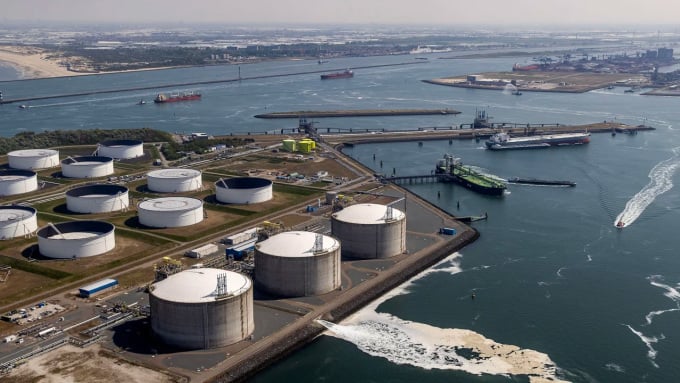
LNG receiving terminal in Rotterdam, Netherlands last year. Photo: AFP
Tchakarova believes that if Europe has to rely on China for the green transition, it will face many great risks, as it continues to depend on a major partner for supplies, something Europe has learned from Russian gas.
Europe has made efforts to solve the energy security problem, but still faces a big challenge. With Europe's aging population and stagnant economy, the continent still needs huge energy resources if it is to maintain its current lifestyle, according to analyst Luke McGee.
“One of the ironies of life is that those who hold the energy cards are sometimes our most unreliable partners and future adversaries,” McGee quoted an EU diplomat as saying.
Thanh Tam (According to CNN )
Source link








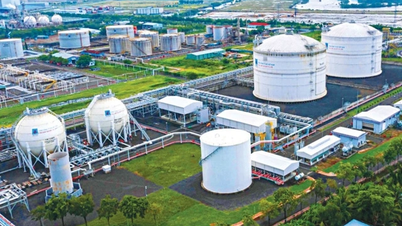

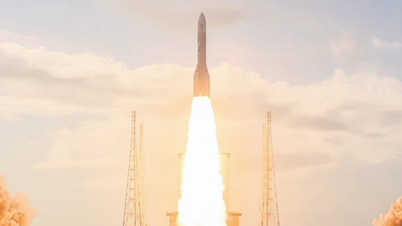

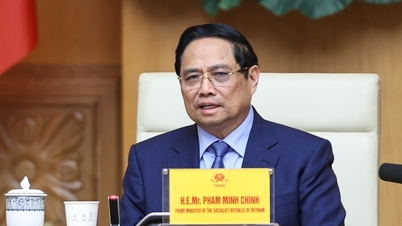

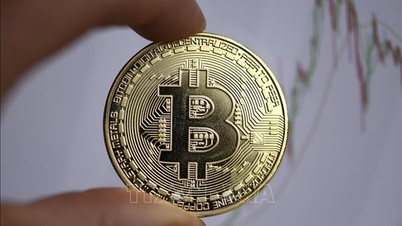

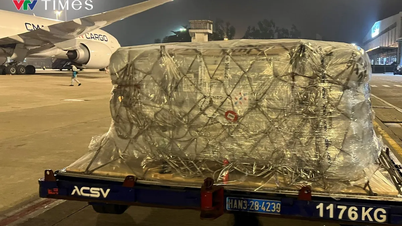

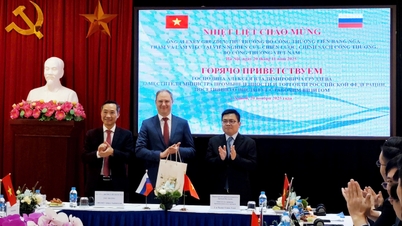

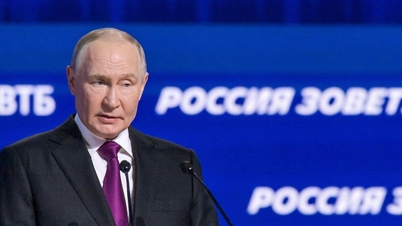


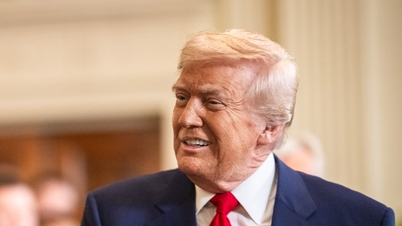
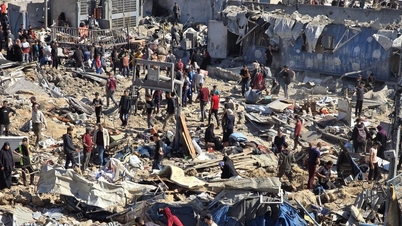
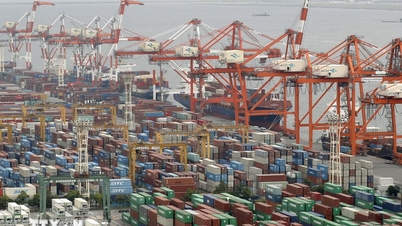











![[Photo] Worshiping the Tuyet Son statue - a nearly 400-year-old treasure at Keo Pagoda](/_next/image?url=https%3A%2F%2Fvphoto.vietnam.vn%2Fthumb%2F1200x675%2Fvietnam%2Fresource%2FIMAGE%2F2025%2F12%2F02%2F1764679323086_ndo_br_tempimageomw0hi-4884-jpg.webp&w=3840&q=75)
![[Photo] Parade to celebrate the 50th anniversary of Laos' National Day](/_next/image?url=https%3A%2F%2Fvphoto.vietnam.vn%2Fthumb%2F1200x675%2Fvietnam%2Fresource%2FIMAGE%2F2025%2F12%2F02%2F1764691918289_ndo_br_0-jpg.webp&w=3840&q=75)



























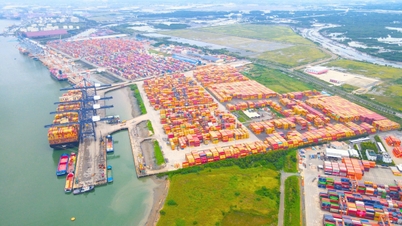






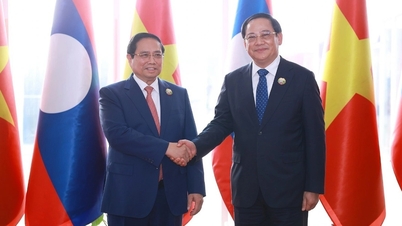















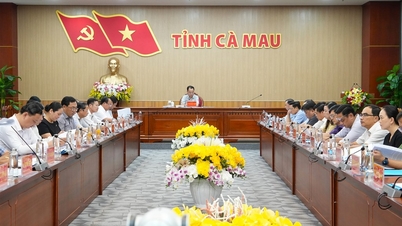

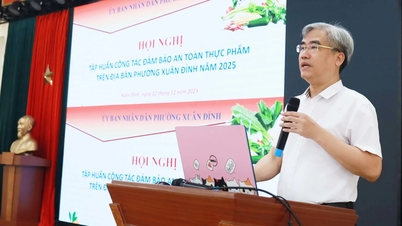


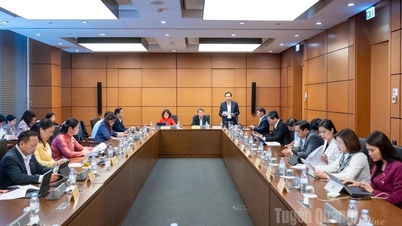

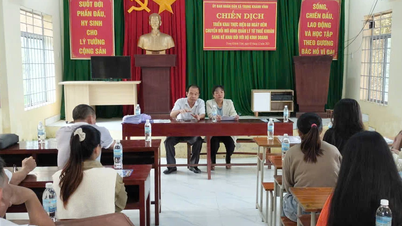















Comment (0)